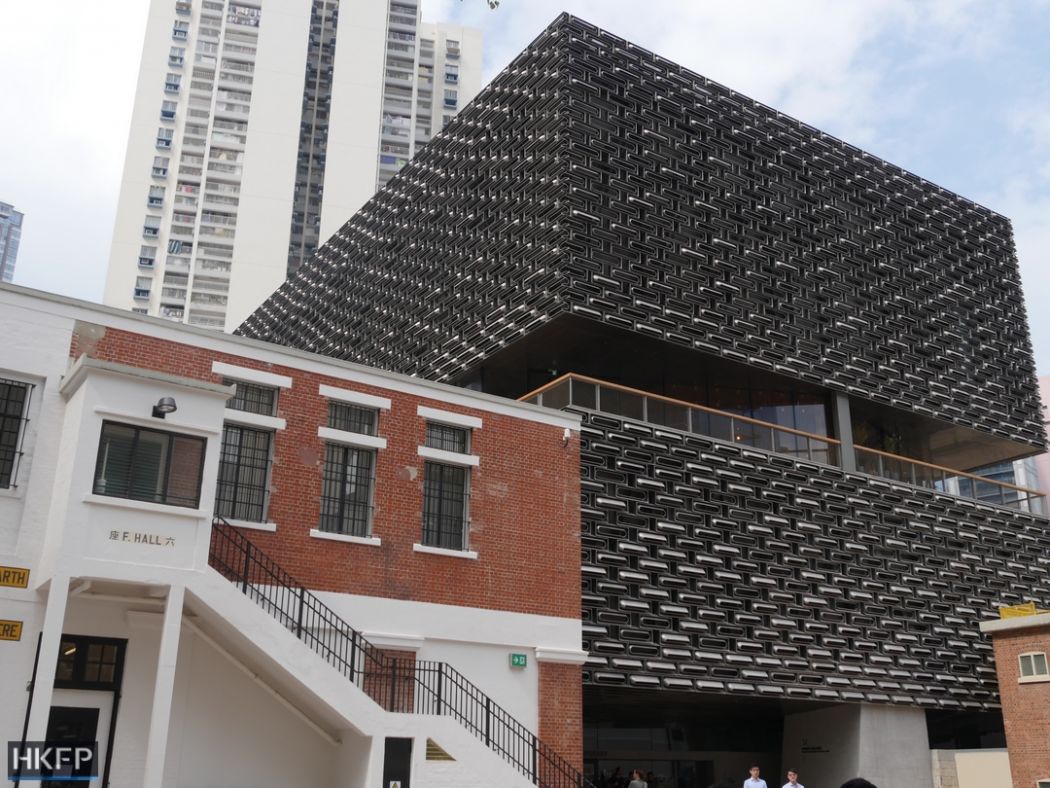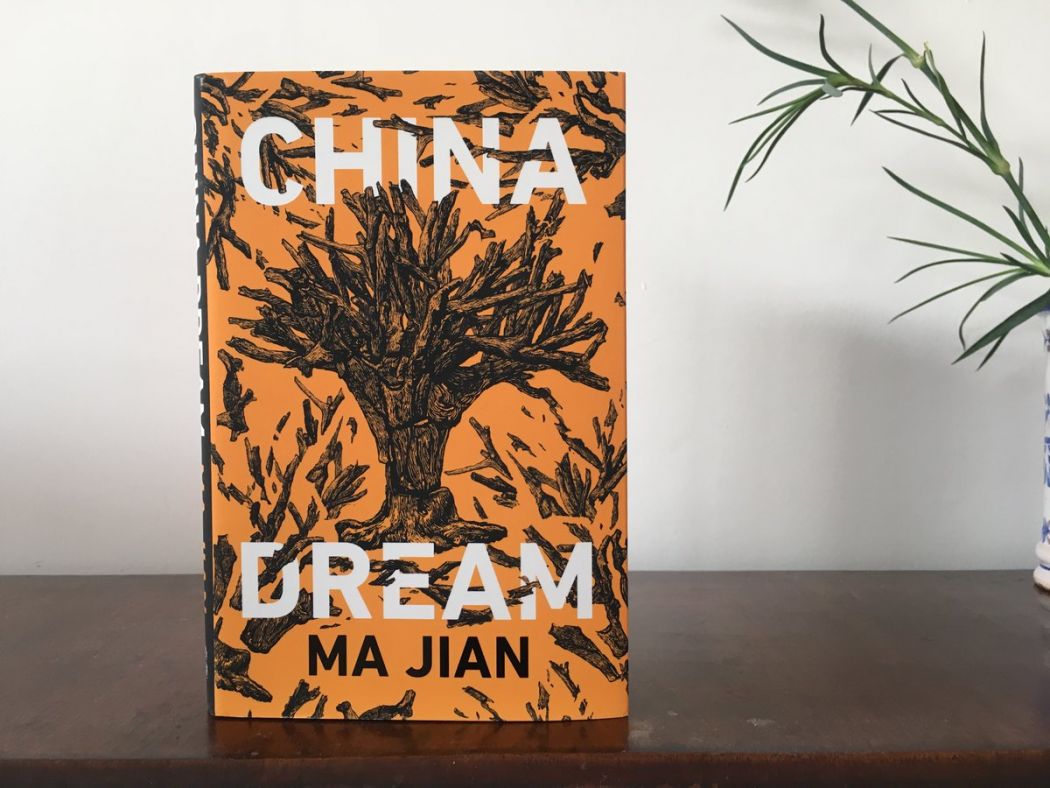Chinese dissident writer Ma Jian has said he is determined to host a public talk to discuss his work, after successfully entering Hong Kong on Friday evening.
Ma was set to appear at two literary events on Saturday, one of which will focus on his new satirical novel, China Dream. As of Friday afternoon, the event’s original venue and a substitute venue had declined to host Ma.

“Maybe I will choose a place myself, maybe the doorstep of Tai Kwun – the talk must go on, even if only one Hong Konger wants to hear,” Ma said.
Ma’s arrival in Hong Kong came one day after Financial Times journalist Victor Mallet was denied entry. fuelling speculation as to whether Ma would be similarly barred from the city.
At the airport’s arrival zone, Ma told reporters that he passed through immigration “very smoothly,” which he attributed to heightened public scrutiny. He said he entered the city with a British passport, though he was also a Hong Kong permanent resident.
Venue cancellations
Ma’s book talks were organised by the Hong Kong International Literary Festival (HKILF). The original venue, Central’s Tai Kwun art space, cancelled on Thursday, with its director saying that the space should not “become a platform to promote the political interests of any individual.”

In response, Ma told reporters that he was not a political figure. “I’m not a politician, I don’t need votes or voters. As a writer, the people I need to face are readers,” he said.
“I think it is not just the problem of Tai Kwun’s director, it is possible that there is a larger culprit behind Tai Kwun,” he said, adding that the “culprit” was someone higher up than the Jockey Club, which manages Tai Kwun.
“But I hope that in my few days here, I will find whatever way I can to communicate with Hong Kong readers,” he said.
China Dream is described by its publisher as a “biting satire of totalitarianism” in China. Ma says no Hong Kong publisher would release it in Chinese, but a willing Taiwanese publisher has been located.

The HKILF announced on Thursday evening that the Annex, located in Central’s Nan Fung Place, would be a replacement venue for Ma’s talk.
However, hours before Ma landed in Hong Kong, the Annex issued a statement that it would not host the writer. Ma said he was angry and saddened by the cancellation, which he only found out when he got off the plane.
‘Never come again’
Asked about his view on Hong Kong’s political situation, Ma said that he would not come to the city again despite his connections in Hong Kong.
“I don’t know if, when I walk on the streets of Hong Kong, I will be ‘disappeared’ or ‘vanished.’ It is really the law of the jungle in Hong Kong,” he said.

Ma said that freedom of thought and expression are under threat in Hong Kong, citing the example of second-floor independent bookshops closing down.
“When I first came here in 1986… [independent bookstore owners] published my first book, and I had happy chats with them. Now I don’t know where these people are,” he said.
Ma asked reporters: “Your father and mother welcomed the 1997 Handover – what is the result now?”
Solidarity from local writer
Meanwhile, prominent Hong Kong writer Dung Kai-cheung said he will no longer attend any future events at Tai Kwun.
He said he did not know Ma well and disagreed with his criticism over Hong Kong literature and culture made over two decades ago, but it was unreasonable to cancel his talks because of his political views.
“I had expectations for Tai Kwun, and actively participated in its opening event, but this incident has left me extremely shocked and disappointed,” he said.
“I have decided not to attend any events hosted by or located in Tai Kwun, until Tai Kwun apologises for this incident, and promises to fix its incorrect direction, so that it can provide a truly free and open cultural space for Hong Kong,” Dung added.
Additional reporting: Kris Cheng.
